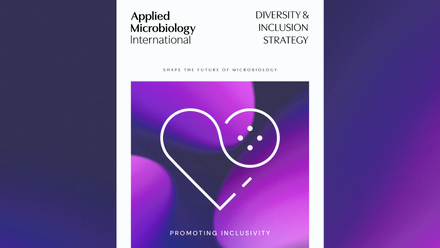Advisory group members lend expertise to key UK fertiliser report

Innovations in technologies and practices, such as precision application, improving nutrient uptake and soil health, could lead to more efficient fertiliser use and reduce nutrient losses, according to a new report published by the UK government.
A number of Applied Microbiology International Advisory Group members contributed to the POSTnote research briefing, ‘The Future of Fertiliser Use’. The full report has just been published.
In response to a call for experts to contribute to the briefing, members of the Food Security Advisory Group and Healthy Land Advisory Group were notified and Professor Diane Purchase, Dr Erick Bandala and Dr Nasmille Larke-Mejia contributed to the report.
Global price surge
The report highlighted that recent events and high energy prices have led to a global price surge in artificial fertilisers, with the price of artificial fertilisers increasing substantially for British farmers between 2021 and 2022.
Production of artificial fertiliser is predominantly based on non-renewable resources. For instance, the production of nitrogen-based fertilisers use fossil fuels as both a feedstock and a source of energy for the reaction and phosphorus-based fertilisers are typically obtained from mining of non-renewable resources, the report said.
Commentators agreed that a range of diversification and innovation of fertilisers could be used to address these concerns including: using renewable resources for artificial fertiliser production; reducing the environmental impact of fertilisers through pollution management; diversifying artificial fertiliser use with organic and bio fertilisers; improving soil health; and, the use of precision application technologies and nutrient planning to improve the efficiency of fertilisers usage.
Stakeholders said a lack of investment in diversification and innovation is a key challenge, as well as developing an effective evidence base of measures that is transferred to farmers and ensuring that policies implemented constitute a ‘just transition’ approach to reducing the environmental impacts of fertilisers.



